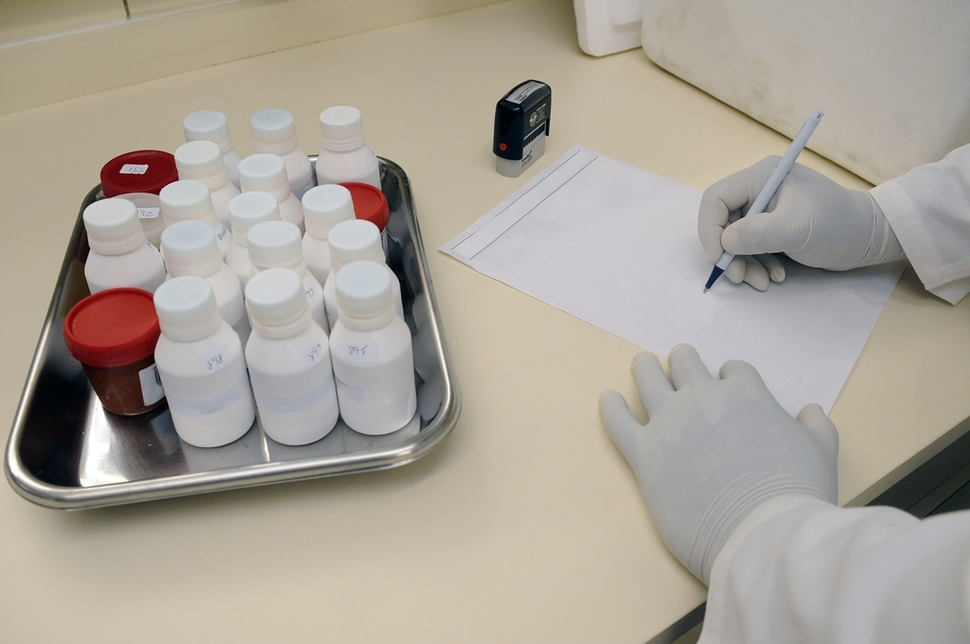
Switching Blood Types
Nov 22, 2019Supplying enough blood to be used for transfusions in hospitals can be challenging; the shortage is almost constant. There are four main blood groups, distinguished by antigens displayed on the surface of red blood cells (RBCs): A, B, AB, and O. If you have type A blood, your RBCs are marked with A antigens, and your body will produce anti-B antibodies.
Given this knowledge, type O blood is the universal blood donor, as it can be given to anyone (this claim does not account for Rh factor). However, if you have type O blood, you can only receive type O blood as your body has produced anti-A and anti-B antibodies. This is a problem, as type O is the most common blood type, held by 44% of Americans.
Scientists at the University of British Columbia are working on converting type A blood, the second most common blood type (42% of Americans), into type O. The answer may lie in the human gut microbiome. They discovered microbes (Flavonifractor plautii) that latch onto the intestinal epithelium, and degrade mucins (glycoproteins that protect the epithelium). The chemical makeup of mucins is similar to the sugar-based antigens found on RBCs. By isolating stool DNA, they identified the repertoire of enzymes produced by these microbes. At first, the results were inconclusive. But when the researchers tested two of the enzymes at once, they were able to remove A antigens from blood cells, in human blood.
Further studies will need to be done to rule out any cross-reactivity or side reactions with the enzymes in human blood. If the study is successful, the applications of hospital blood banks will broaden. It is important for medical centres to stock type O blood as many people in emergency situations either do not know, or cannot communicate their blood type to doctors. When in doubt, giving the patients O negative blood is the safest option. Being able to degrade A antigens from RBCs will largely increase the supply of type O blood for transfusion patients.
Interested in researching hematology? Browse our related ELISA kits here.